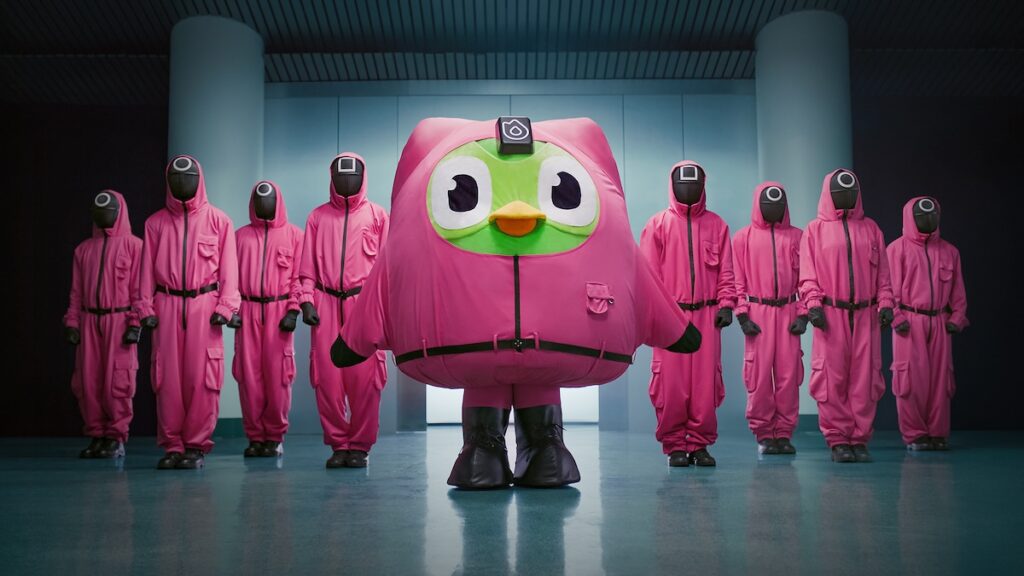Duolingo Shifts Focus to AI, Cutting Jobs
Duolingo recently made headlines by announcing its plans to transition to an “AI-first” company, a move that has sparked discussions about the impact on job security. Journalist Brian Merchant highlighted this shift as a clear indication that the AI jobs crisis is no longer a distant concern but a present reality.
According to Merchant’s investigation, Duolingo had already begun phasing out contractors in favor of AI technology. The company reportedly let go of approximately 10% of its contractor workforce by the end of 2023, with further cuts in October 2024. Initially targeting translators, Duolingo later replaced writers with AI systems as well.
The Rise of AI and Decline in Job Opportunities
Merchant’s findings coincide with reports from The Atlantic, which highlighted a concerning trend of high unemployment rates among recent college graduates. One explanation put forth suggests that companies are increasingly turning to AI solutions, displacing entry-level white-collar positions or diverting funds from new hires to investments in AI technology.
Describing this phenomenon as an “AI jobs crisis,” Merchant attributes it to strategic decisions made by corporate executives to streamline operations and reduce labor costs. The repercussions are evident across creative industries, where freelance professionals such as artists, writers, and illustrators are facing dwindling opportunities for work.
Managing the Transition to AI
Contrary to doomsday scenarios of robot takeovers, Merchant emphasizes that the real challenge lies in organizations like Duolingo implementing AI strategies to overhaul their workforce. This shift, often camouflaged under the guise of innovation, has tangible effects on employment, as seen in cases like federal agencies downsizing their staff in favor of AI technologies.
As companies embrace an “AI-first” approach, the broader implications of this transition are becoming increasingly evident. The need for proactive measures to address the displacement of human workers by AI systems is crucial to navigating this evolving landscape of technological advancement and its impact on the job market.

